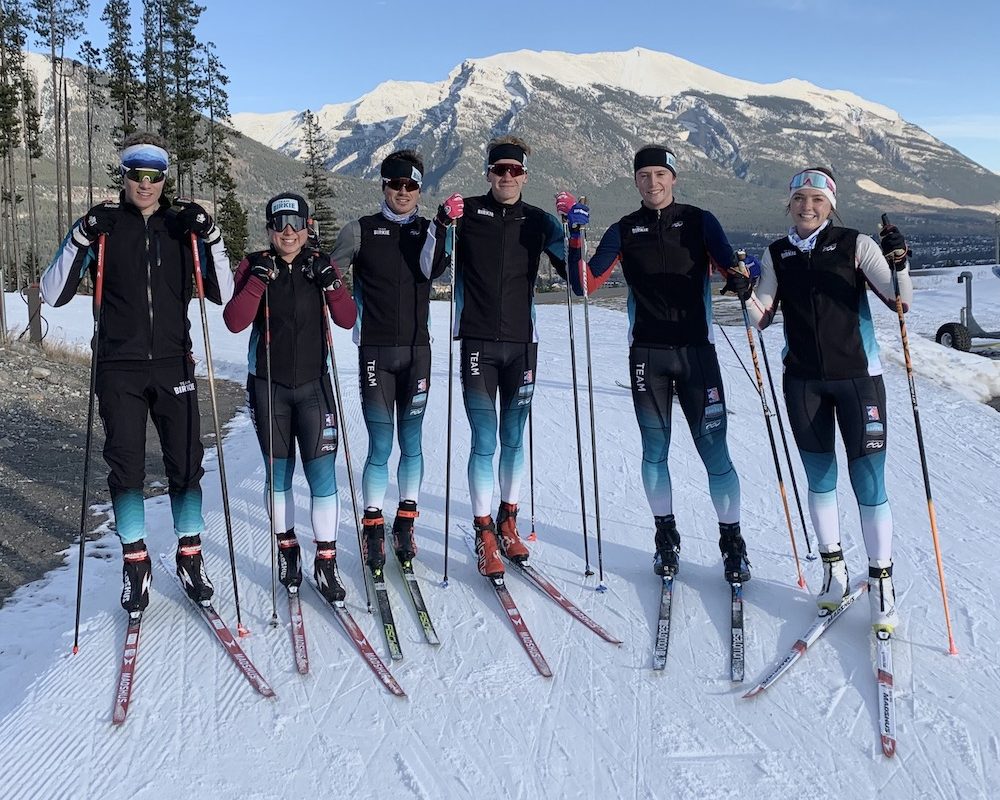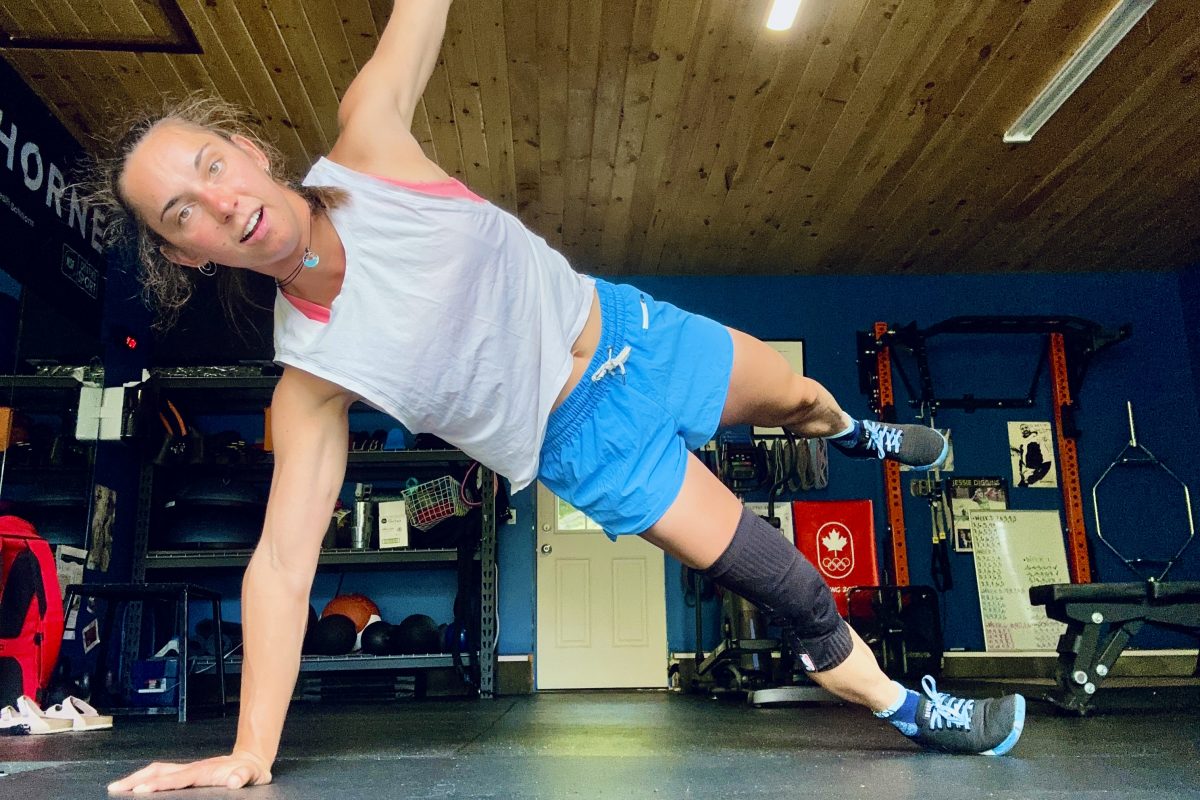Hard physical activity or training has a defining effect on the body, but perhaps not fully understood by many of our endurance athletes. The body itself is a most amazing organism that reacts to stimuli in many ways, and there are still many areas of human anatomy and physiology that are not completely understood. One of the areas we as endurance athletes are most concerned about, is how to make our body react to our training volume and improve in the most optimal way — “maximal output from minimal input”. One of the perhaps most misunderstood training concepts is that “more is better”. I will here try to explain why this is not always the case, or perhaps never the case — and that you sometimes do better resting than training!
It is a fact that all training use and spend energy, nutrients and oxygen. Water is lost through the sweat, and components in muscle fibers break down somewhat. The goal with most all training and activities is of course for you to improve. This means that you need to let the body build back the energy balance, replace the lost nutrients, oxygen and water and repair the muscle components to what they were before your training or if possible even a bit higher.
Training actually makes you weaker (in terms of being able to perform) after you’ve finished the activity. Just imagine trying to set a Personal Record (PR) in a 5 km run/bike or rollerski race immediately after having just finished an hour or more moderate to hard session – I bet you would perform slower than if you had skipped your 1 hour training session. It is first after having rested and recovered for a bit — a day or so perhaps — that you would be really ready to beat your PR. What this means is that your body builds itself stronger as you rest, and without this rest you would not be able to perform better. Of course we all know that we can not rest ourselves into great shape, it does require physical activity first. The key is however to rest just the appropriate amount, and then stress your body again. So, the key to success is learning what "just the appropriate amount" is!

Intensity | Normal recovery | Normal duration of over-compensation phase |
Low | _ – 1 _ days | A few hours — 2 days |
Moderate | _ – 2 days | 1 — 3 to 4 days |
High | 1 — 3 days | 2 — 4 to 6 days |
Very high/Max | 2 — 4 or 5 days | 3 — 6 to 10 days |
To benefit and improve from a training session, the training should be done while the body is in the over-compensation phase (see below).




